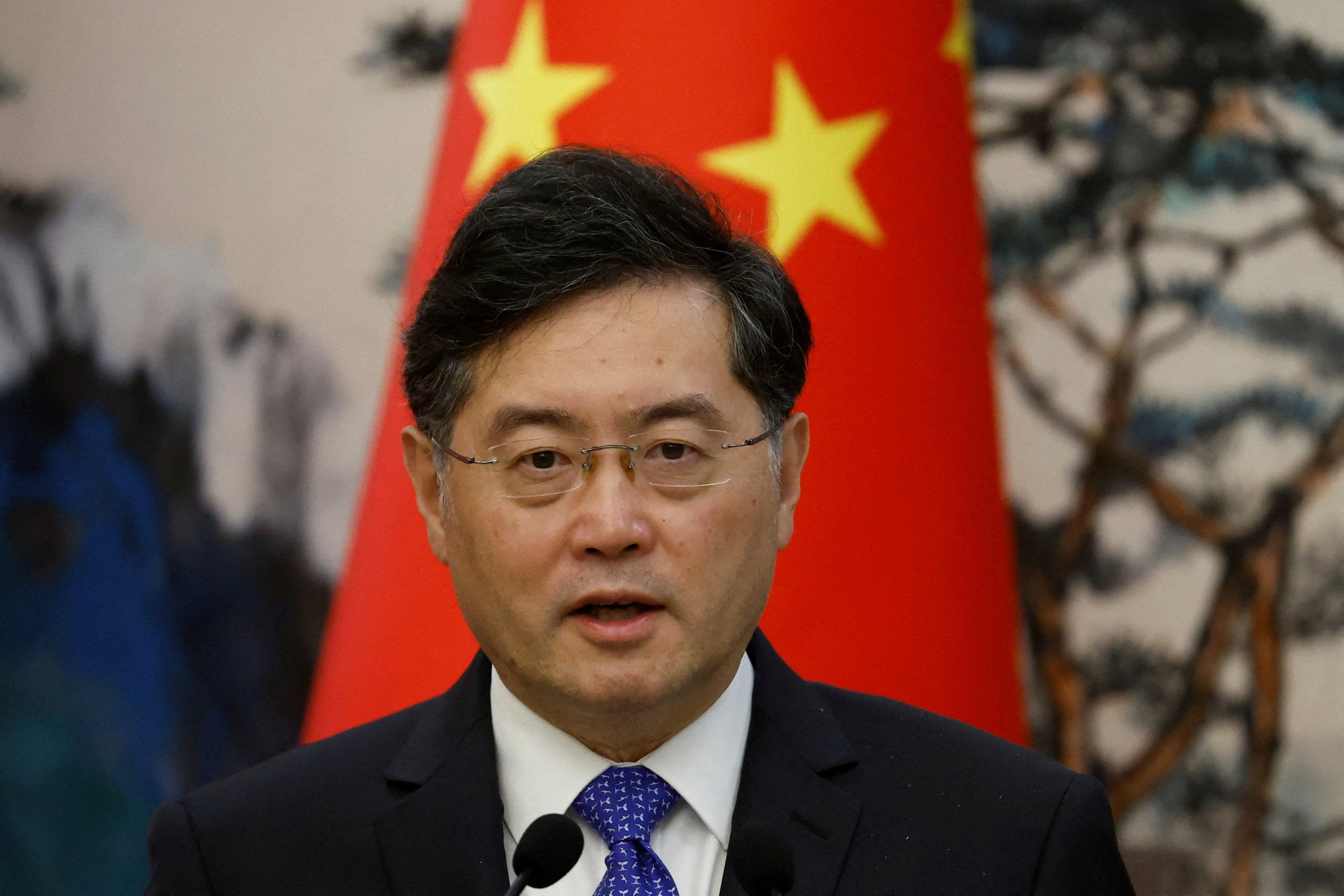A full month after he vanished from public view, China confirmed the exit of Qin Gang as foreign minister. Qin will be replaced by Wang Yi, who had the job for almost a decade before Qin and is currently the country's most senior diplomat. (Wang also runs foreign policy for the ruling Communist Party, which puts him higher in the CCP pecking order than Qin).
Qin was a rising star who was fast-tracked to the post by Xi Jinping despite a bitter rivalry with Wang. But then he abruptly disappeared, initially for health reasons, as rumors swirled that he was cheating on his wife with a journalist. The Chinese government did not give any reason for his departure.
While the shakeup probably won't have much of an impact on China's foreign policy, which like everything is stage-managed by Xi himself, it might have two spillover effects.
First, with Wang again in charge, Chinese diplomats could feel emboldened to return to aggressive "wolf warrior" rhetoric — right when Beijing is trying to restore dialogue with the US and cool things down with Europe. That said, Wang, 69, will likely only take over the job for one or two years until a suitable replacement is found.
Second, and perhaps more importantly, Qin's departure is (potentially) bad news for his mentor. While state media will quietly sweep the scandal under the rug, the messiness of it all does show that political infighting is still bubbling under the surface even under Xi's tight control of the party. And it highlights one of the main dangers of "Maximum Xi," Eurasia Group's No. 2 top geopolitical risk for 2023: "With few checks and balances left to constrain him and no dissenting voices to challenge his views, Xi's ability to make big mistakes is also unrivaled."
On the one hand, Qin's exit — although probably driven by personal reasons over policy — sure looks like an unforced error by China's leader. On the other, as we've seen with ending zero COVID, Xi also has an uncanny ability to move past screwups very quickly and then act like they never happened.
